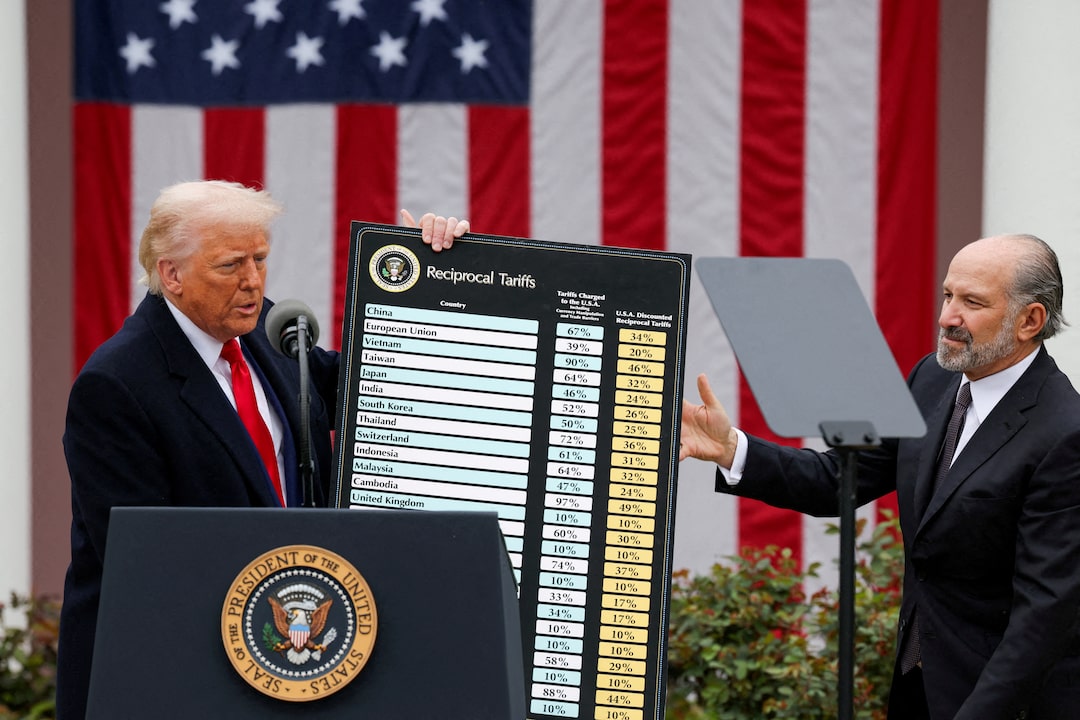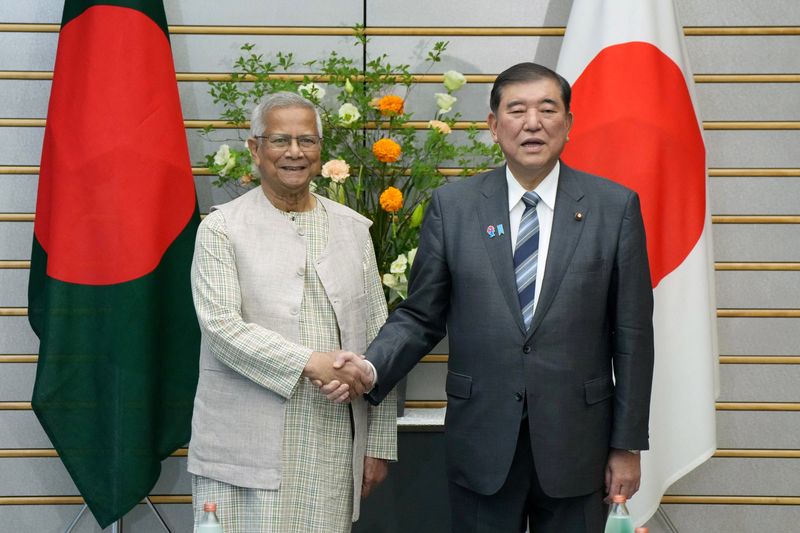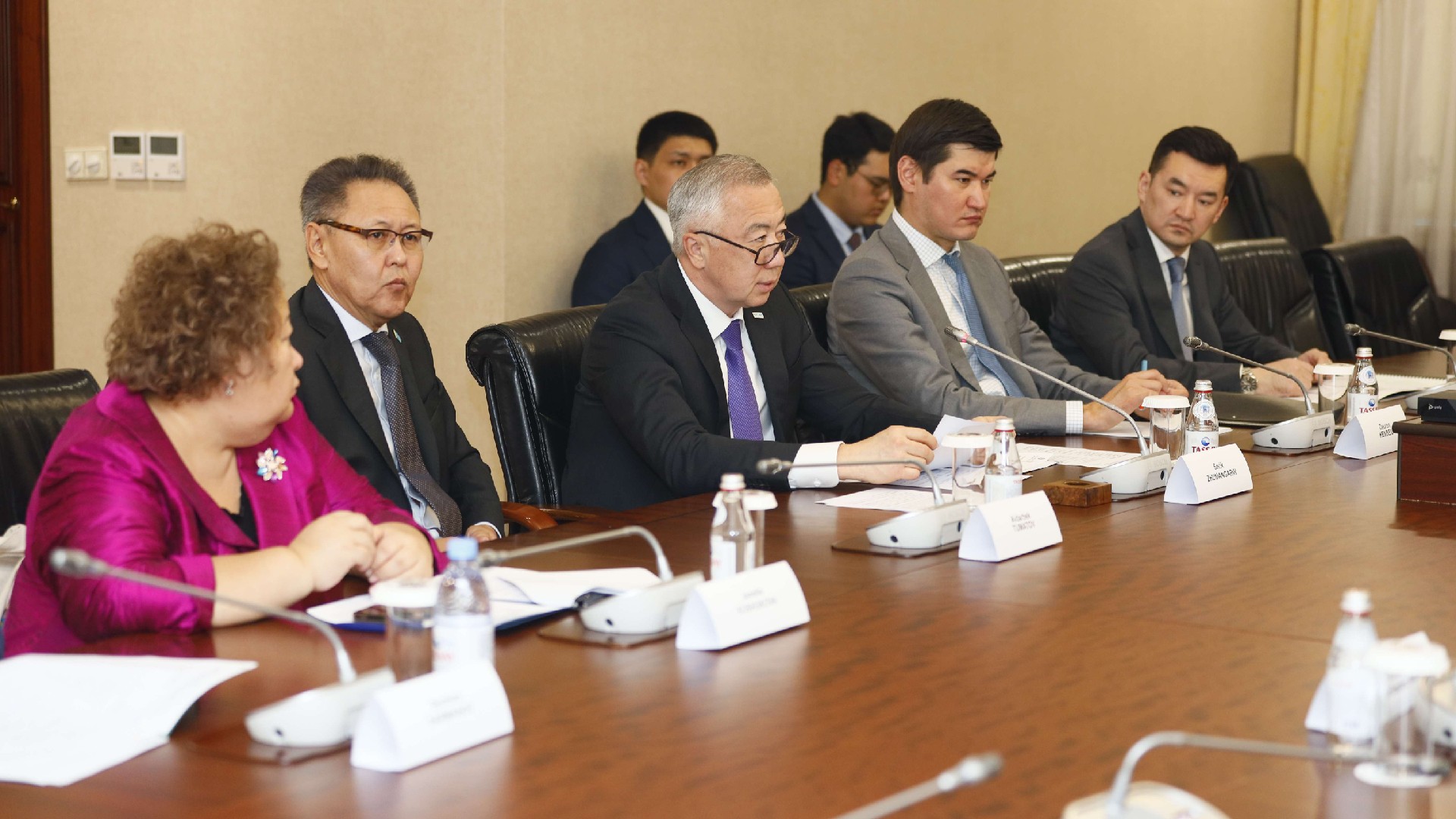Iran’s Foreign Minister has declared that the country will continue enriching uranium regardless of whether a new nuclear deal is reached with Western powers, signaling a hardened stance that could escalate tensions in the already volatile Middle East. The statement, made during a press conference in Tehran, reinforces Iran’s position that its nuclear program is a sovereign right and not contingent on negotiations.
“We will proceed with our nuclear enrichment program based on our needs and national interests—with or without a deal,” said Foreign Minister Hossein Amir-Abdollahian. “The Islamic Republic will not accept any external dictates when it comes to our scientific and technological progress.”
His remarks come amid renewed but fragile diplomatic efforts to revive the 2015 Joint Comprehensive Plan of Action (JCPOA), which the United States exited under President Donald Trump in 2018. Although some European and regional powers have pushed for a new framework to curb Iran’s nuclear ambitions, Tehran insists it will not compromise on what it calls its “inalienable rights.”
Iran claims its enrichment activities are for peaceful purposes, such as energy production and medical research. However, the country has ramped up uranium enrichment to levels near weapons-grade purity since the collapse of the JCPOA, prompting alarm from the International Atomic Energy Agency (IAEA) and Western governments.
Recent reports from the IAEA indicate that Iran is currently enriching uranium at 60% purity—far above the 3.67% limit set by the original deal. Western intelligence agencies believe Tehran now possesses enough fissile material for several nuclear weapons, though it is unclear whether Iran has taken the final steps toward weaponization.
The U.S. State Department responded to the Iranian minister’s comments with caution. A spokesperson said, “The United States remains committed to preventing Iran from obtaining a nuclear weapon and will use all means necessary to ensure that outcome. We continue to prefer a diplomatic resolution, but we are prepared for other scenarios.”
Israeli Prime Minister Benjamin Netanyahu, a long-time critic of the JCPOA and Iran’s nuclear program, denounced the Iranian statement. “Iran is openly declaring its intent to proceed toward nuclear weapons capability. The world must wake up,” Netanyahu said. He reiterated that Israel would not hesitate to act unilaterally if its security is threatened.
Meanwhile, Iran’s domestic political landscape appears united on the issue, with both conservative and moderate factions supporting the continuation of enrichment. The Supreme Leader, Ayatollah Ali Khamenei, recently described the nuclear program as a “symbol of national resilience.”
Iranian officials argue that the West has failed to uphold its commitments under previous deals and that sanctions relief promised under the JCPOA never fully materialized. As a result, they say Iran has little reason to return to the table without concrete guarantees.
Talks hosted by Oman and Qatar in recent months have seen limited progress, with U.S. and Iranian negotiators accusing each other of inflexibility. The impasse has raised concerns in Europe and among Gulf states that a miscalculation or military escalation could trigger a broader conflict in the region.
Energy markets also remain on edge. Analysts warn that rising tensions with Iran—already under heavy U.S. sanctions—could impact global oil supply if Tehran decides to disrupt shipping in the Strait of Hormuz, a key maritime chokepoint.
For now, Tehran’s message is clear: its nuclear program will continue—deal or no deal. And with geopolitical tensions rising and diplomacy faltering, the world faces growing uncertainty over how to contain Iran’s nuclear ambitions and prevent the next crisis.
Source: Fox News


